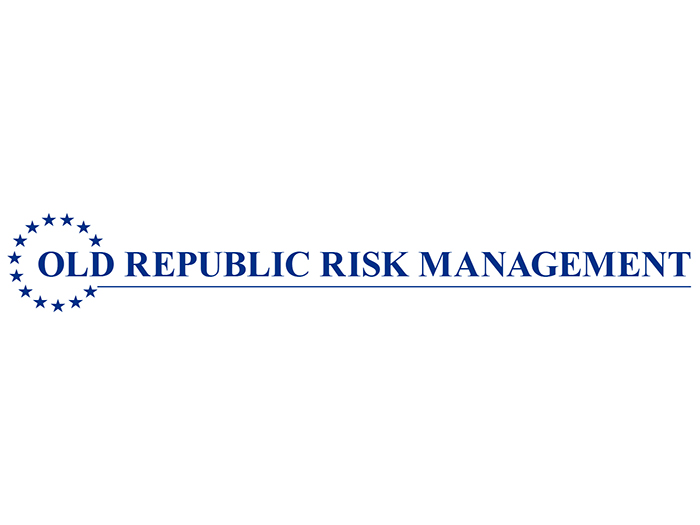TRIA's Time Running Out
Speakers Advise Congress to Act Definitively on TRIA

Congress should take definitive action — and soon — on the government’s terrorism reinsurance backstop program. That’s the general agreement among experts on both sides of the issue: those who want to continue the Terrorist Risk Insurance Act and those who lobby for less or no government involvement.
Speaking during the NCCI Annual Issues Symposium, several speakers agreed the government would most likely extend the program. However, the form that might take was debatable.
“What it’s done for us since 2002 is allowed for stability in the market,” said Max Koonce, senior director, risk management for Walmart Stores Inc. “Our position on TRIA is we need some kind of decision out of Congress.”
Agreeing with Koonce on that issue was Steve Ellis, vice president of Taxpayers for Common Sense. Described as a national, non-partisan budget watchdog, the organization opposed the implementation of TRIA in 2002 and has since lobbied for changes in the program if it is to continue.
“Whatever Congress does, it should act affirmatively,” Ellis said. However, Ellis disagreed with other speakers looking for long-term or permanent extensions. Any continuation should be for the short term, he said.
Also, Ellis said there are a number of questions that should be addressed, such as the definition of a terrorist event. While the law stipulates that losses must exceed $100 million, the secretaries of the Treasury, State, and the Attorney General must certify that an event is an act of terrorism for the program to kick in.
“Promising me you’ll pay me on the back end doesn’t make me feel all warm and cuddly.” — Steve Ellis, vice president, Taxpayers for Common Sense
Ellis also says the private sector needs to take on more of the financial risk. “One hundred million dollars is way too low,” he said.
Ellis also discounted the fact that TRIA has a recoupment provision in place. “Promising me you’ll pay me on the back end doesn’t make me feel all warm and cuddly,” he said and compared it with the National Flood Insurance Program.
“The program now is $24 billion in debt,” Ellis said. “Just because there is no cost doesn’t mean there is not a huge liability.”
But the possible expiration of TRIA would be especially damaging to the workers’ comp system since the insurance line cannot exclude terrorism. Insurers are writing policies that extend beyond the Dec. 31 TRIA expiration date.
“We don’t have to speculate about the impact of TRIA’s expiration,” said Mark Walls, senior vice president of Marsh USA. “We’re already seeing it.”
Insurers are starting to limit their exposures in areas with high concentrations of employees, he said.
Meanwhile, the comments come on the heels of two reports on TRIA and the impact of its expiration. The President’s Working Group on Financial Markets noted that the market does not have the capacity for reinsurance.
A new report from RAND Corporation that specifically focused on the impact to the workers’ comp system suggested the expiration would force more employers into the residual market since they would not be able to purchase coverage that includes terrorism. That would raise the potential for workers’ comp losses from a terrorist attack to be financed largely by businesses and taxpayers in the state where the event occurred, the report said.










